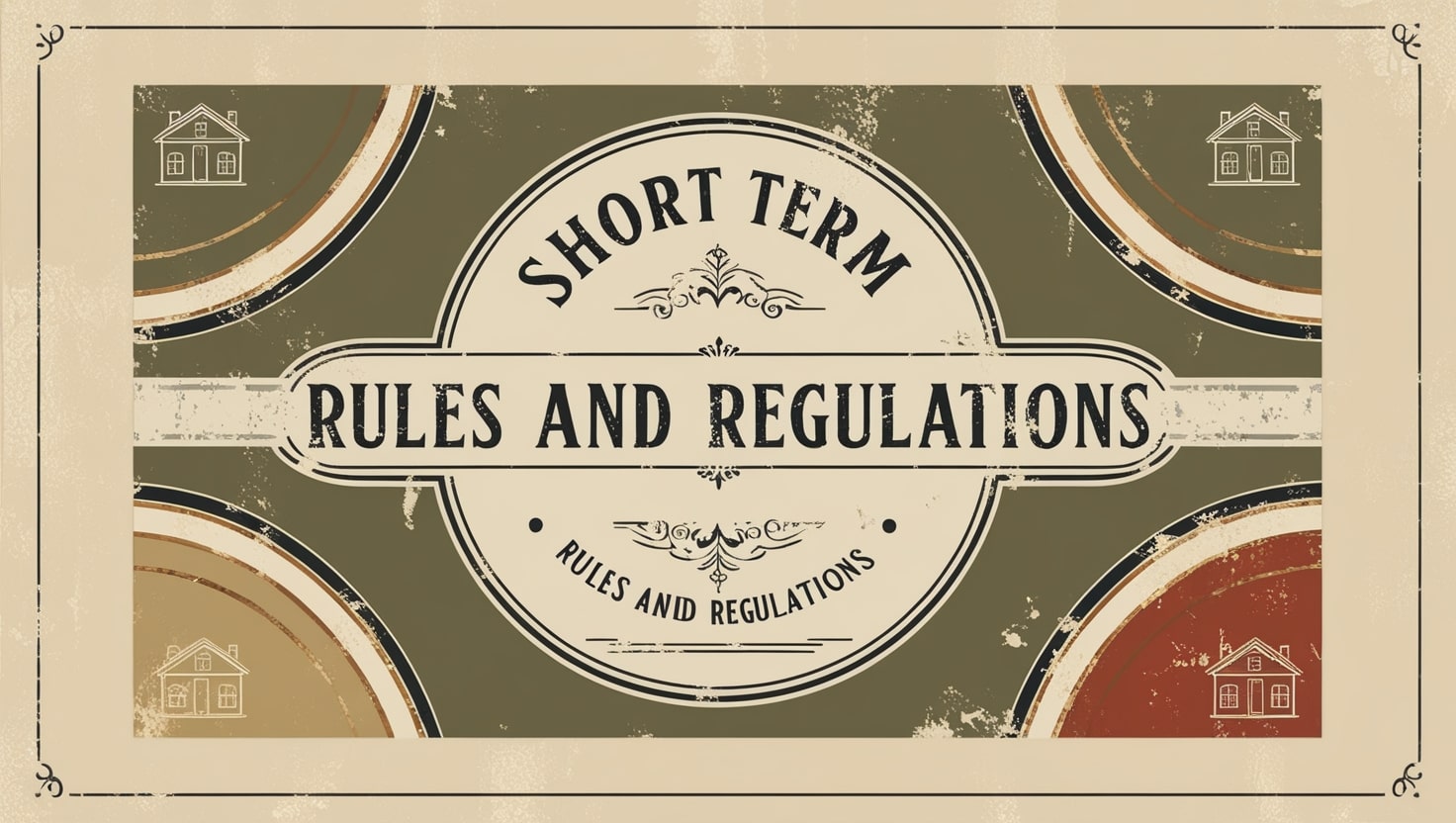Madrid, Spain Airbnb Rules & Regulations
Last updated on: 4th July, 2025


Last updated on: 4th July, 2025
There are some minor regulations on Airbnb; for example, tourist accommodations are not allowed in shared residential buildings. However, it's not being enforced according to our data. There are over 18,000 active Airbnb listings in 2024, and 12,000 listings are entire home listings, mainly 1-bedroom property. Most are located near the city center; that being said, they are not an independent house with a private entrance just for the guests. Yet, there are still many listings receiving bookings every day. It's not recommended to buy an investment property for the sole purpose of starting an Airbnb. However, for the next few years, we bet you can still list your property on Airbnb with relatively little risk.

Airbnb Regulations in Madrid: A Brief Overview
Madrid has put in place stringent regulations governing short-term rentals, particularly those offered through platforms like Airbnb. Short-term rentals are distinctive in the city, defined as stays of 90 days or less. Any property rented beyond this duration requires a special permit. To operate legally, hosts must register their property with the Madrid City Council and acquire a tourism license number, which must be prominently displayed in all listings.
Key regulations include: - Zoning Requirements: Properties must have a separate street entrance independent of any permanent residential units in the same building. This effectively bans the renting of individual rooms within shared residential spaces. - Guest Registration: Hosts are mandated to submit guest identification details (such as passport information) to the national police's online Registro de Viajeros platform within 24 hours of check-in. - Taxation: Rental income is taxed at a flat rate of 24% for non-resident hosts and varies based on the host’s income bracket for resident hosts. Additionally, hosts must collect a tourist tax of €3 per person per night, applicable for stays of up to 14 nights, which platforms like Airbnb facilitate on their behalf.
The city’s enforcement of these regulations has intensified recently, with inspections being conducted to identify non-compliant rentals, resulting in significant fines that can start at €3,000 for unregistered properties. With recent regulatory developments, including a freeze on new short-term rental licenses and increased penalties, the landscape for Airbnb hosts in Madrid has become increasingly challenging.
In light of these evolving regulations, potential hosts are urged to consult with local legal experts and remain well-informed to ensure compliance and safeguard their rental ventures. Despite the complex regulatory environment, demand for short-term rentals continues to thrive among tourists and remote workers, suggesting that legal operators can still achieve success in this sector.